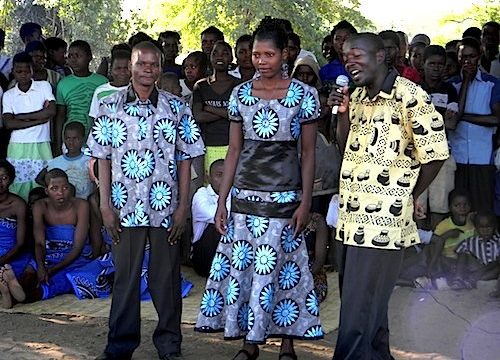Evidence Base
More from the Evidence Base Blog
-
Could “Shy” Trump Voters’ Discomfort With Disclosing Candidate Choice Have Skewed Telephone Polls? Evidence from the USC Election Poll
We analysed data from the USC Dornsife/ LA Time 2016 Election Daybreak Poll on respondents’ comfort levels with disclosing presidential candidate choice to friends, family, acquaintances, and pollsters. Results are consistent with a “shy” or “hidden” voter effect.
Categorized in -
Cognitive Ability and Financial Capability
We know that income and education are positively associated with financial capability, but we understand less about the impact of other underlying factors, such as motivation, self-control and propensity to plan. This blog post considers one of these factors, cognitive ability, and discusses how financial decisions and wellbeing vary with cognition within income and education groups.
Categorized in -
Is Class-Based Discrimination an Obstacle to Equal Opportunity in the Labor Market?
Social class origin remains one of the most powerful determinants of success in today’s labor market. New experimental research suggests that employers’ own class biases may be a part of the problem.
Categorized in -
Why Academics Consulting with Industry on Health Care May be an Idea Whose Time has Come
At a time of deep political division, an academic approach to policy making has never been more important.
Categorized in -
Can Real-Time Technologies Improve Cancer Patient Care?
The advent of low-cost, real-time monitoring technologies is allowing researchers to collect more data than ever before. A USC trial investigates whether this data can be used to improve cancer patient care by bridging the information gap between doctor’s office visits.
Categorized in -
Student Loans, Indebtedness and Financial Literacy in the United States
CESR researchers examine changes in Americans’ financial capability since 2009. They find persistent concerns regarding indebtedness and financial literacy, but improvements in precautionary savings.
Categorized in -
Surveys and Character Skills: The Information we Reveal Without Even Trying
Measuring effort people put forward on surveys could provide us with information on important character skills related to conscientiousness and diligence.
Categorized in -
Adverse Selection and Marriage Timing: Does HIV Testing Accelerate Marriage?
The HIV/AIDS epidemic is associated with delayed marriage and fertility in Sub-Saharan Africa. An experiment shows that routine HIV testing could reverse this pattern.
Categorized in -
Repairing Democracy: We Can’t All Get What We Want, But Can We Avoid Getting What Most of Us *Really* Don’t Want?
This post illustrates what multicandidate open voting could look like if voters had the option to vote for one candidate, to vote against one candidate, or to rate all the different candidates in more complex ways. Data collected in the heat of the 2016 US presidential primaries suggests that the result would have been dramatically different than under the current system.
Categorized in -
Can Asking About People’s Social Circles Inform Election Predictions?
Asking people about how their social circles will vote, as in the 2016 USC Dornsife / LA Times Presidential Election Poll, might help to predict people’s voting behavior.
Categorized in









